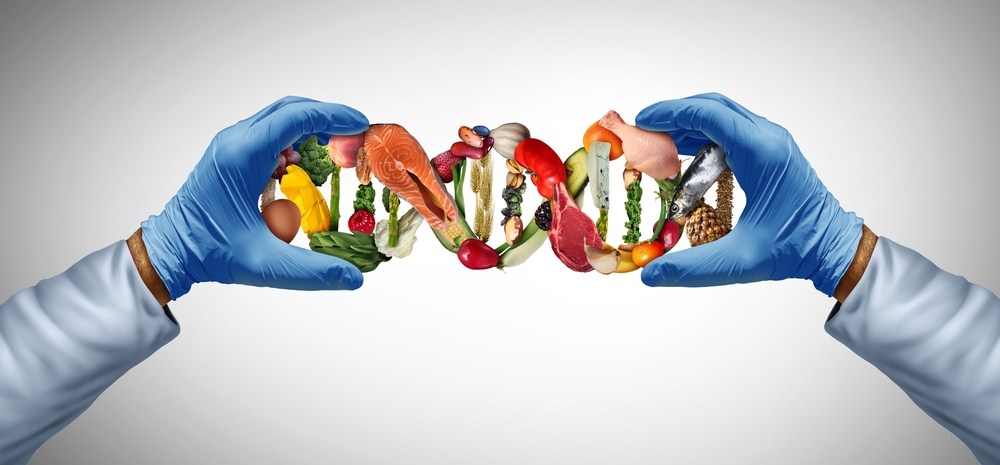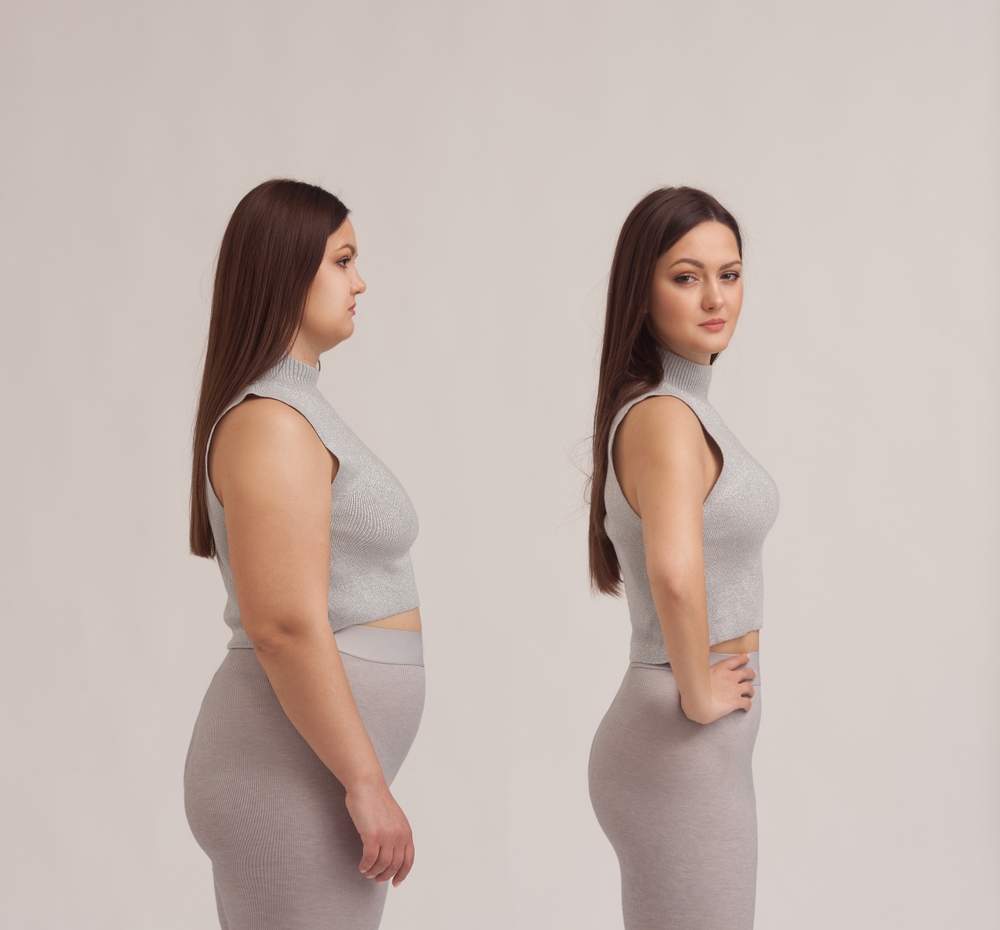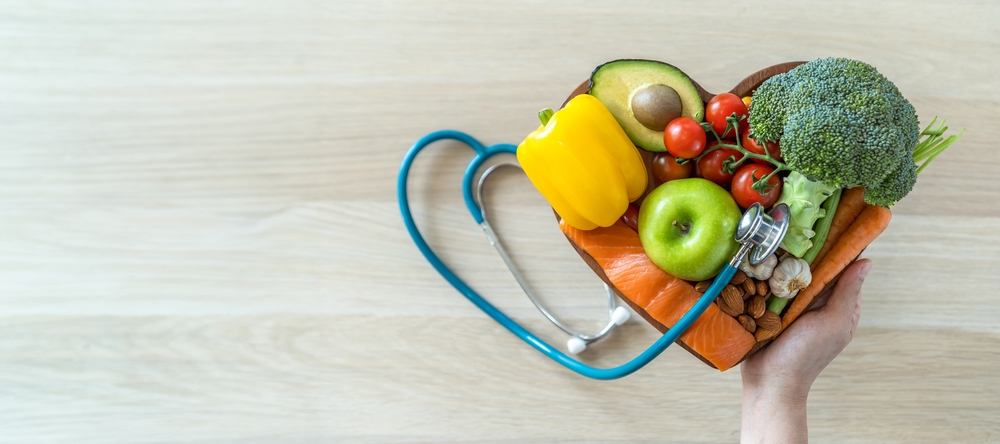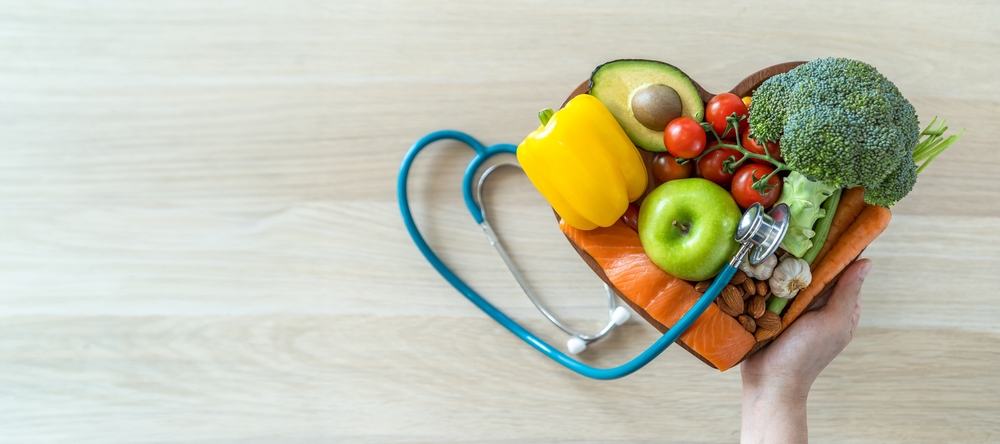Nutrition and Diet Explained: Building a Healthier Lifestyle Step by Step
Introduction
Have you ever wondered why some people seem so full of energy all the time? Or why your friend who eats a lot of fruits and veggies always feels great? The secret often lies in something we all have control over—our diet and nutrition. But don’t worry, we’re not talking about complicated science. This guide will walk you through how simple changes in what you eat can make a huge difference in how you feel, both physically and mentally.
What are Nutrition and Diet?
Let’s break it down. Nutrition is all about the nutrients your body needs to work properly. Think of it as fuel for your body, like how cars need gasoline to run. These nutrients come from the food and drinks you consume every day.
On the other hand, your diet is basically the type of food and drink you regularly consume. It could be healthy, balanced, or a bit messy—it depends on your choices. A healthy diet gives you the right mix of nutrients so that your body has what it needs to grow, repair, and stay strong..

Why Nutrition and Diet Matter
Eating healthy isn’t just about looking good on the outside; it’s about feeling awesome on the inside. When you eat the right foods, you’re fueling your brain and body to perform better in school, sports, and even during your downtime. Good nutrition can also help you sleep better, feel happier, and keep your body from getting sick as often.
Think of it this way—would you try to drive a car without gas or with a nearly empty tank? Your body works the same way. Without good nutrition, your body will struggle to keep you going, making you feel tired, cranky, or unfocused.
Macronutrients: The Building Blocks of Health
Let’s start with the big players in the nutrition game: macronutrients. These are nutrients your body needs in large amounts, and they include carbohydrates, proteins, and fats.
Carbohydrates: Your Body’s Main Fuel Source
Carbohydrates, or carbs, are like your body’s go-to energy source. Imagine you’re playing your favorite sport or just trying to get through a busy school day—carbs give you the energy you need to power through. You can find them in foods like bread, pasta, rice, fruits, and vegetables.
But not all carbs are created equal. Whole grains, fruits, and veggies are the best sources of carbs because they’re also packed with fiber, which helps with digestion and keeps you full longer.
Proteins: The Building Blocks of Your Body
Proteins are like the body’s construction crew. They help repair and build tissues, especially after you’ve been active or are growing. You can find proteins in meat, fish, eggs, beans, and nuts.
Eating enough protein helps your muscles recover after a workout, helps you stay strong, and keeps your skin, hair, and nails healthy.

Fats: Not the Bad Guy
While many people think fats are bad, the truth is your body needs them. Fats help your body absorb certain vitamins and give you long-lasting energy. Healthy fats come from foods like avocados, nuts, seeds, and olive oil. Just be careful with fried foods and junk snacks—those contain unhealthy fats that can cause problems for your heart in the long run.
Micronutrients: Vitamins and Minerals for a Strong Body
Next up, we have micronutrients—vitamins and minerals. Unlike macronutrients, your body doesn’t need these in large amounts, but they’re still essential to your health.
Essential Vitamins
Vitamins are like your body’s defense squad. Vitamin C, for example, boosts your immune system and helps you fight off colds. You can get Vitamin C from oranges, strawberries, and even broccoli.
Vitamin A, found in carrots and sweet potatoes, is important for keeping your eyes healthy. There are tons of other vitamins—like Vitamin D for bone health and Vitamin E for healthy skin—but the important thing is to eat a variety of fruits and vegetables to get what your body needs.
Key Minerals
Just like vitamins, minerals are crucial for keeping your body running smoothly. Calcium, which you get from dairy products, helps build strong bones and teeth. Iron, found in foods like spinach and red meat, keeps your blood healthy and prevents you from feeling tired.
Balancing Your Diet for a Healthier Lifestyle
So, what’s the secret to a healthier diet? Balance. A balanced diet includes a variety of foods, giving your body all the nutrients it needs without too much of anything.

What is a Balanced Diet?
A balanced diet includes:
- Fruits and Vegetables: Aim to fill half your plate with these. They provide essential vitamins and minerals.
- Proteins: Include lean sources of protein like chicken, fish, beans, or tofu.
- Whole Grains: Choose whole grains like brown rice, oatmeal, or whole-wheat bread.
- Healthy Fats: Add some nuts, seeds, or avocado for healthy fats.
Tips for Creating a Balanced Meal Plan
- Plan Ahead: Preparing meals ahead of time can help you avoid unhealthy fast food or snacks.
- Keep it Colorful: The more colors on your plate, the more nutrients you’re likely getting.
- Watch Your Portions: Even healthy foods should be eaten in the right amounts.
Hydration: The Often Forgotten Nutrient
Water is essential for almost everything your body does, yet it’s often overlooked. Staying hydrated keeps you energized and helps your body digest food, remove waste, and stay cool.
Importance of Water
Water plays a role in every single function of your body. It helps transport nutrients, keeps your skin healthy, and supports your muscles. When you’re dehydrated, it’s like running your body on empty.
How Much Water Do You Need?
A good rule is to aim for 6-8 glasses of water a day, but this can vary based on your activity level and the weather. If you’re exercising or it’s hot outside, you might need more.
Understanding Food Labels
Food labels can seem confusing at first, but once you know what to look for, they’re a great tool for making healthier choices.
How to Read a Food Label
- Serving Size: This tells you how much of the food is in one serving.
- Calories: The number of calories per serving.
- Nutrients: Check for key nutrients like fiber, protein, vitamins, and minerals.
- Ingredients: The fewer, the better. Avoid foods with a long list of ingredients you can’t pronounce.
Common Ingredients to Look Out For
Watch out for added sugars and unhealthy fats. These can be hidden in foods that seem healthy, like granola bars or flavored yogurt.
Healthy Eating Habits for Long-Term Success
It’s not just what you eat, but how you eat. Developing healthy eating habits can make it easier to maintain a balanced diet.
Portion Control
It’s important to eat the right amount of food for your body’s needs. Too much of even healthy food can lead to weight gain.
Eating Mindfully
Mindful eating means paying attention to your hunger and fullness cues. Take your time when eating, chew thoroughly, and enjoy your food. This can prevent overeating and help you stay in tune with your body.
FAQs
Why is balanced nutrition important?
Balanced nutrition ensures you get the right mix of essential nutrients to keep your body functioning well. It can improve energy levels, boost mood, and prevent chronic diseases.
How can I start eating healthier?
Start by making small changes, like adding more fruits and vegetables to your meals, drinking water instead of sugary drinks, and choosing whole grains over refined ones.
Conclusion
Building a healthier lifestyle doesn’t have to be complicated. It’s all about making small, consistent changes—eating a variety of foods, staying hydrated, and paying attention to your portions. With time, these habits will become second nature, and you’ll feel stronger, happier, and more energetic



